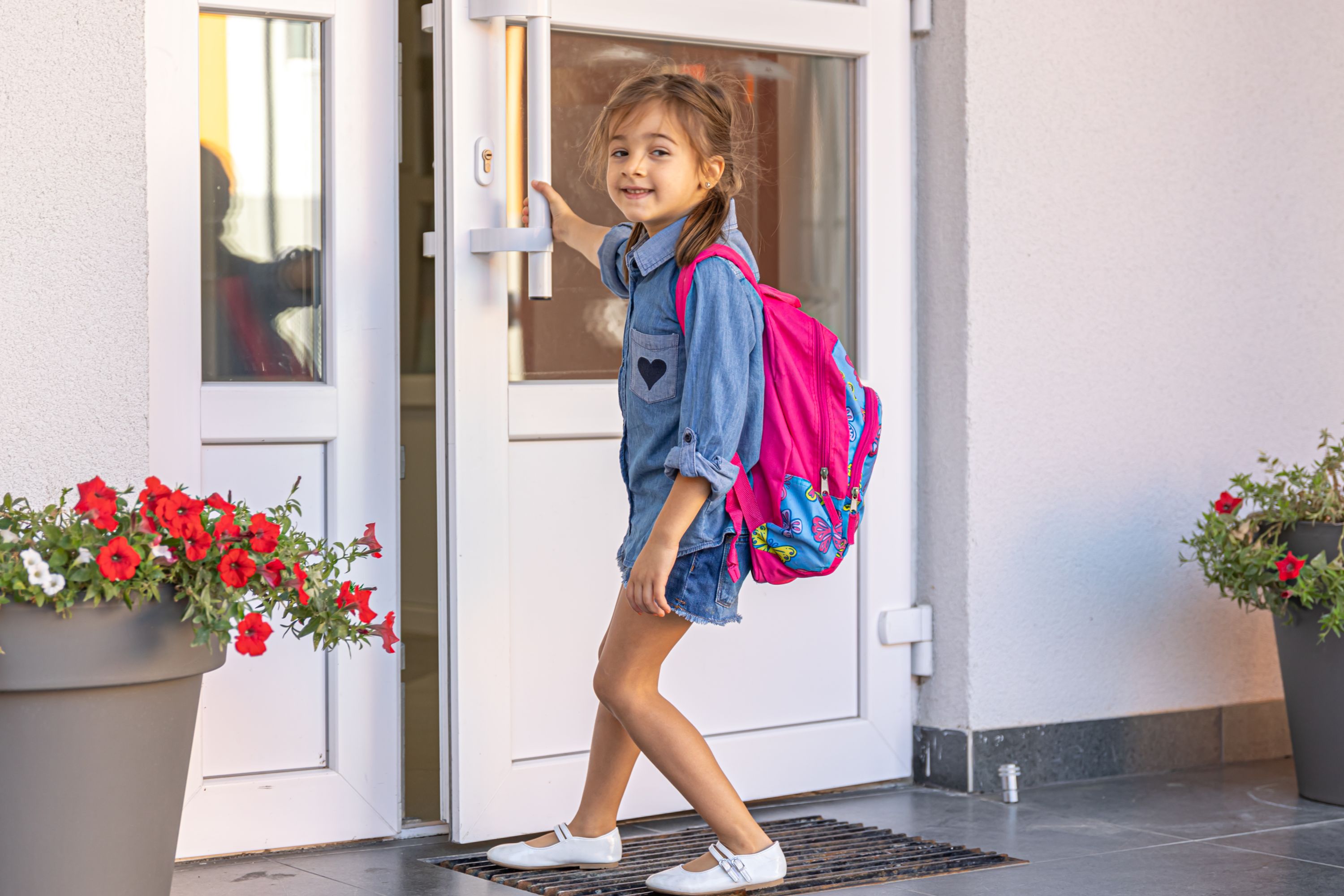 This back to school season, kids around the nation are preparing for a new year and focusing on ways to stay healthy as they resume classes in person. Aside from adhering to COVID prevention measures, there is also another important health consideration to assure your child has their best year yet: hearing health. Approximately 2-3 children out of every 1,000 are born with hearing loss.1 Hearing loss can also occur at any point in childhood due to illness, injury, some medications and noise. It’s important to know the signs of hearing loss to keep your child’s development on track.
This back to school season, kids around the nation are preparing for a new year and focusing on ways to stay healthy as they resume classes in person. Aside from adhering to COVID prevention measures, there is also another important health consideration to assure your child has their best year yet: hearing health. Approximately 2-3 children out of every 1,000 are born with hearing loss.1 Hearing loss can also occur at any point in childhood due to illness, injury, some medications and noise. It’s important to know the signs of hearing loss to keep your child’s development on track.
According to the Centers for Disease Control and Prevention (CDC), signs of hearing loss in children include:
Additional warning signs for hearing loss in children can be found here.
If you suspect your child might have hearing loss, it’s important to take them to an audiologist and/or ENT* right away. Although hearing loss is treatable, leaving a hearing loss untreated can be detrimental to a child’s development and academic success. Hearing loss puts children at risk of:
Because poor academic performance or attention issues can often lead to behavioral problems, children with hearing loss may be misdiagnosed with disabilities such as ADD and ADHD. Treatment for behavioral and learning disabilities and hearing loss is vastly different, so it’s important to add a hearing examination to your child’s back to school checklist if they have ever been told that they have trouble paying attention or have any of the signs of hearing loss listed above.
Hearing tests conducted by an audiologist are simple and easy, and can tell you within minutes of conducting the test if your child is suffering from hearing loss. If your child is found to have hearing loss, intervention for medical issues such as ear wax or middle ear infections may resolve the hearing loss. Hearing loss may also be treated with hearing aids or a cochlear implant which can bring the world of sound back into your child’s life and allow them the best available resource for developing with their peers. Learn more about treatment options for kids and additional resources for pediatric hearing loss here.